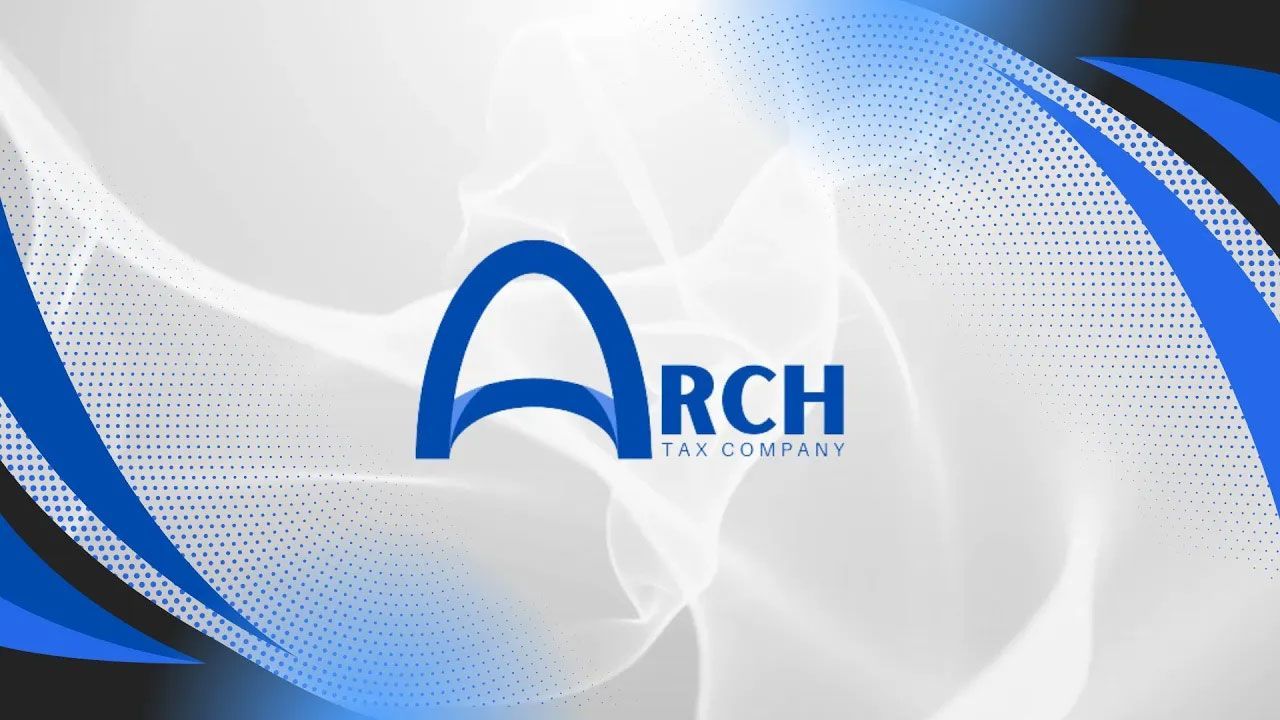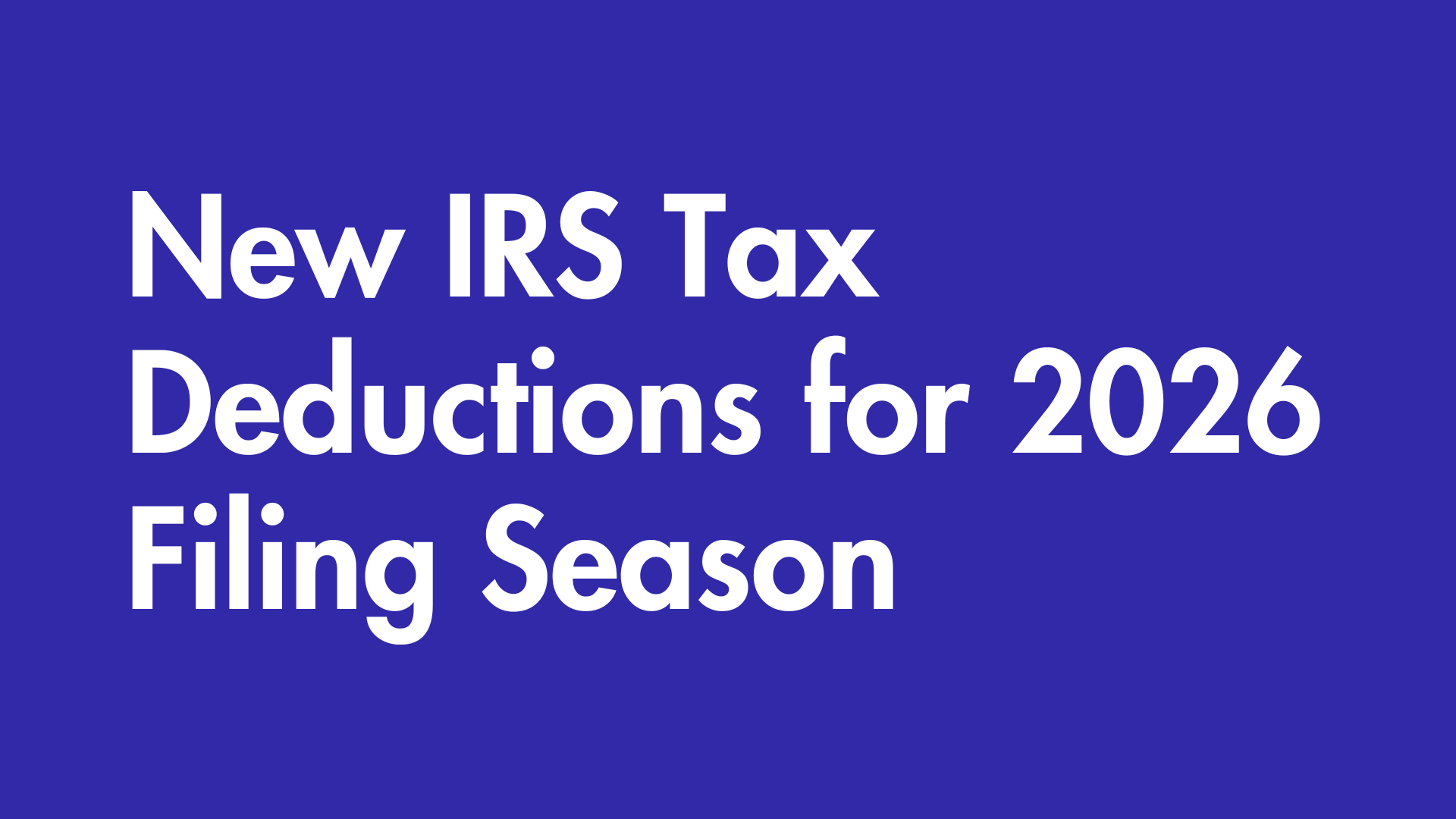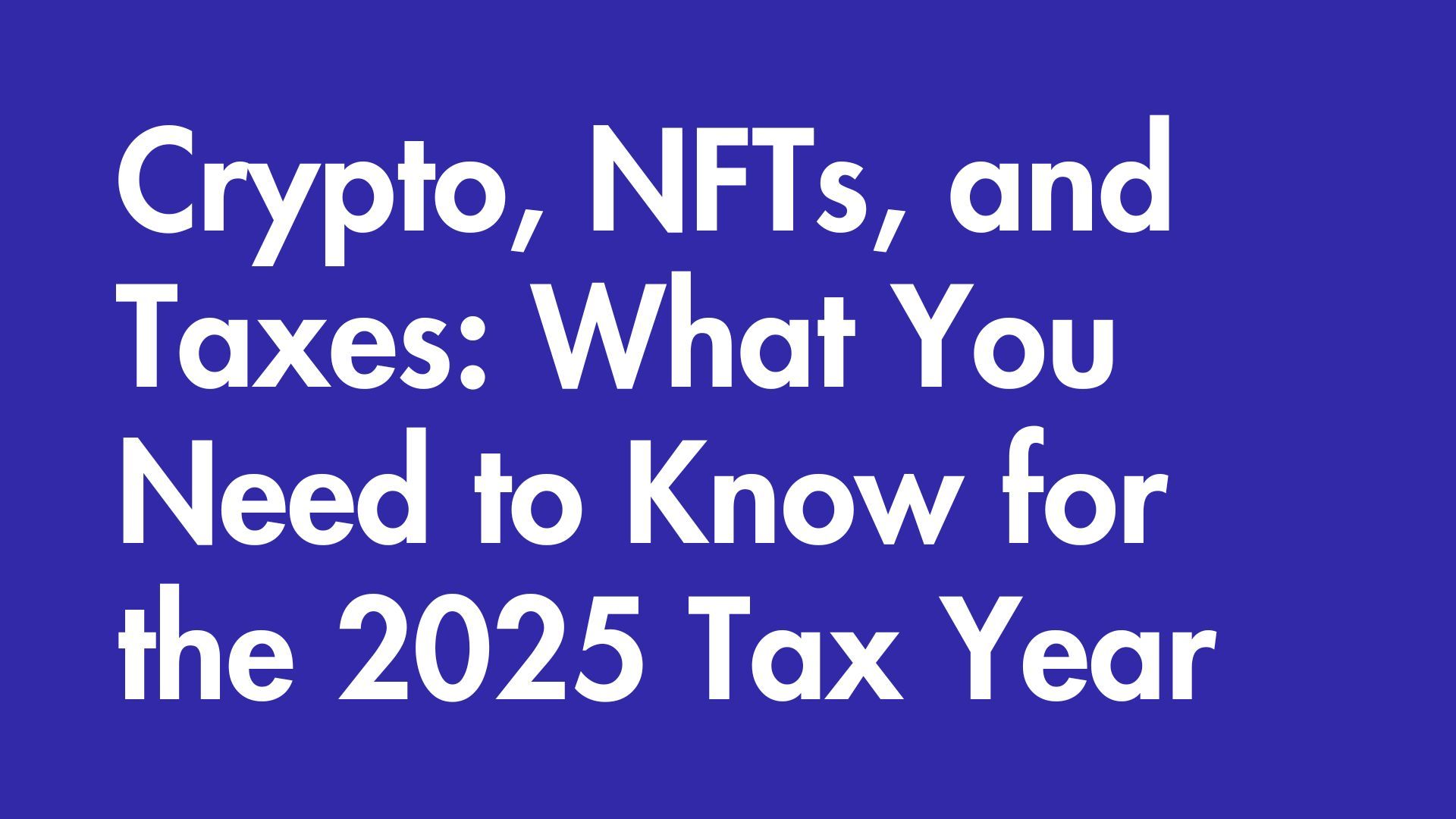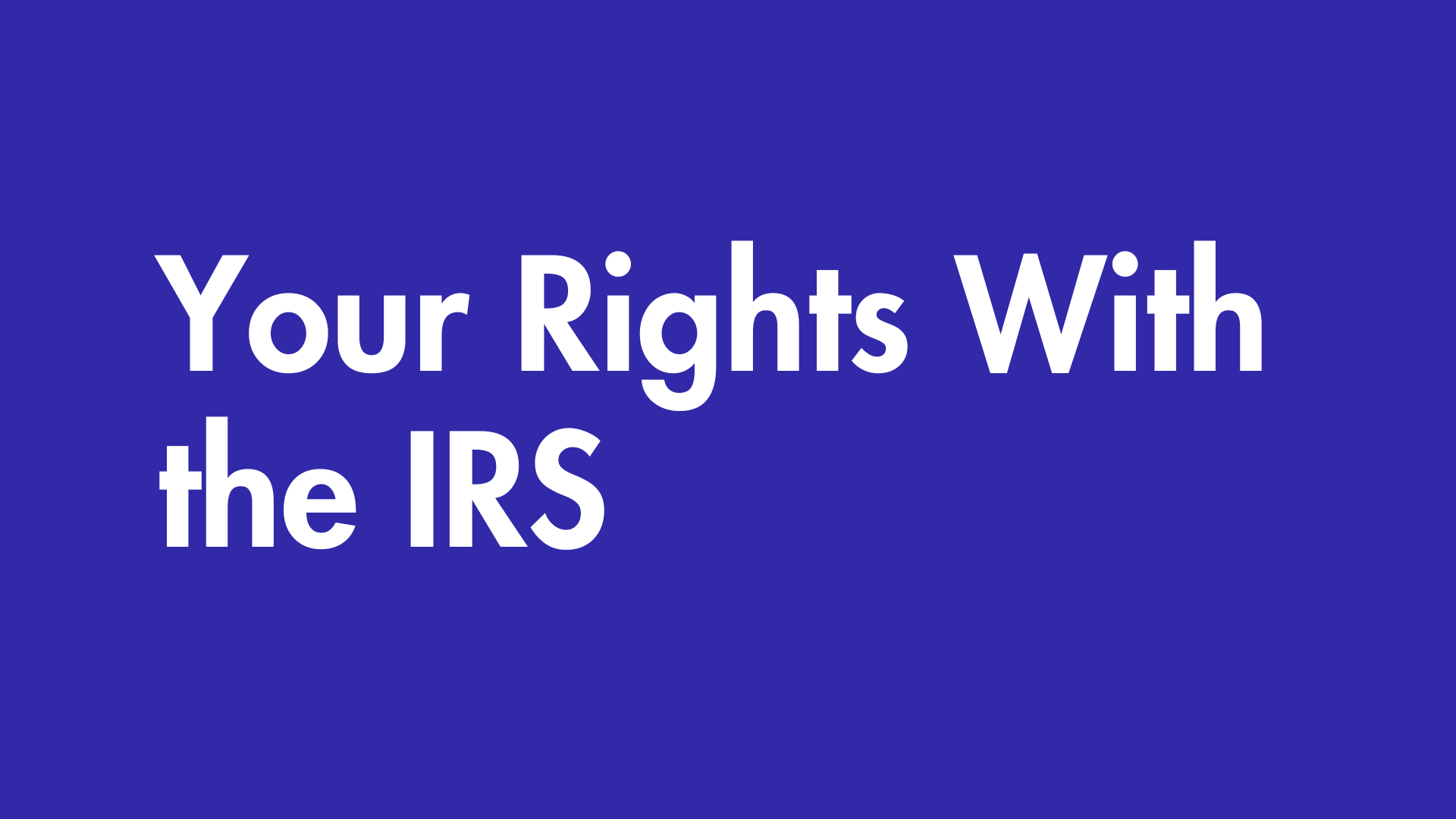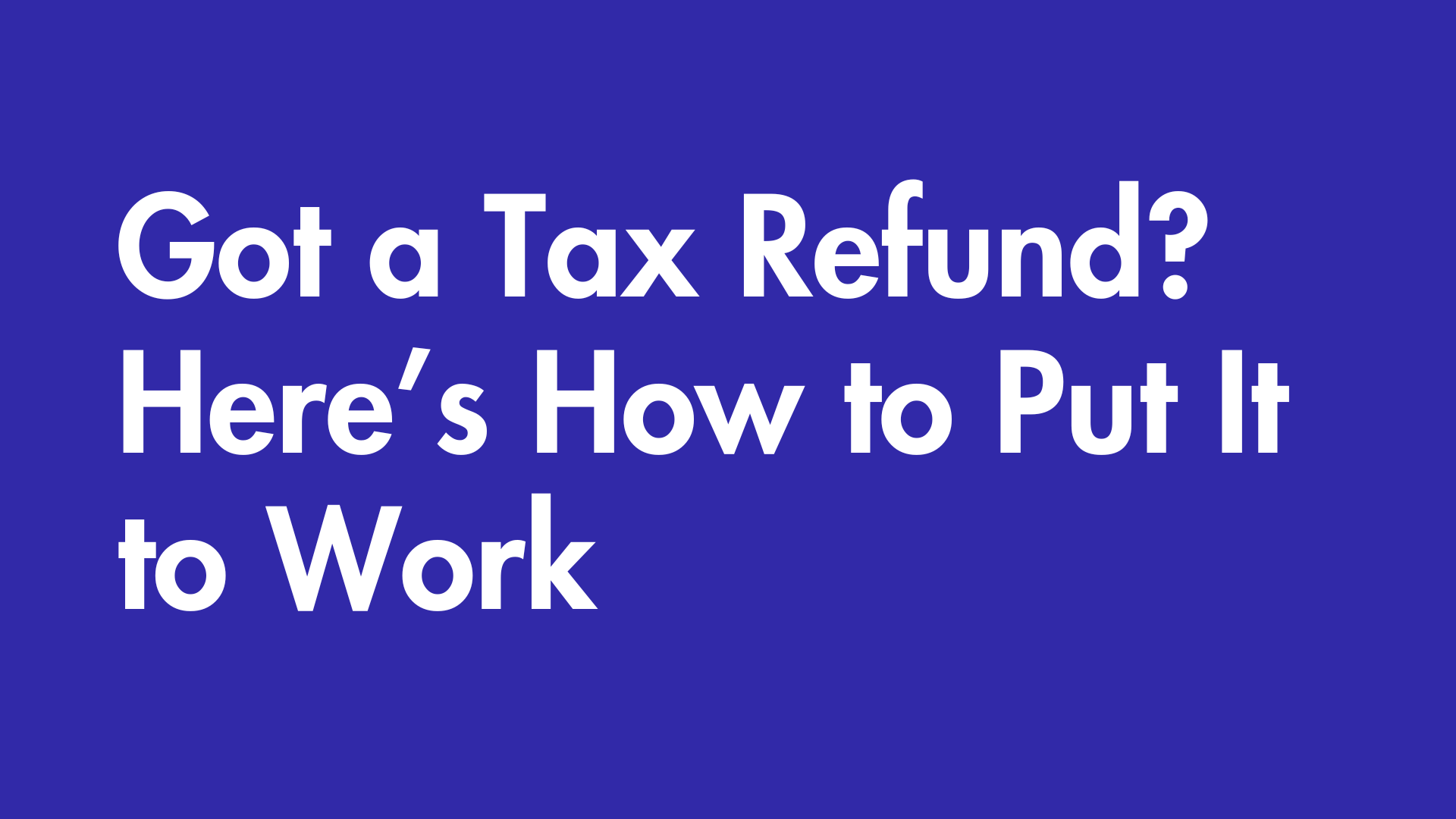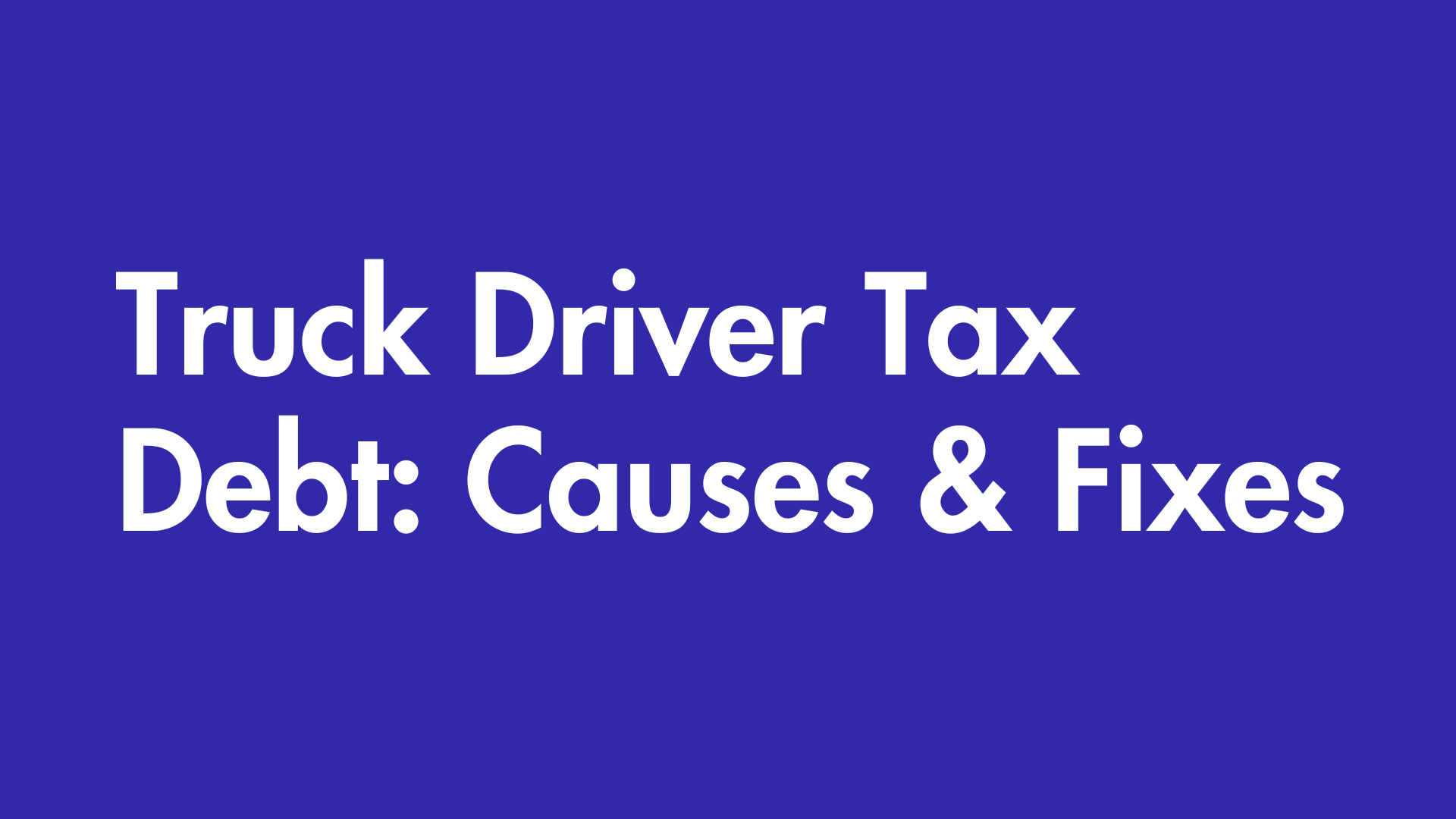Business Entities Explained: LLC, S-Corp, C-Corp and more!
Sole Proprietor or Single-Member LLC
If you're self-employed and haven’t registered a formal business structure—or if you're the sole owner of an LLC—you're likely considered a sole proprietor. In this case, you’ll file your business income and expenses using Schedule C, which is part of your personal tax return (Form 1040). You may have an EIN, but that doesn’t change your filing method.
- Form Used: Schedule C (Form 1040)
- When to File: With your individual tax return
Multi-Member LLC
Have a business partner? A multi-member LLC must file a partnership return, using Form 1065. Once completed, this form generates a K-1 for each partner, showing their share of the profit or loss. That income is then reported on each partner’s personal return.
- Form Used: 1065 + K-1
- Important Note: You must file this
before your personal return
S Corporation (S-Corp)
S-Corps are pass-through entities, meaning the business itself doesn’t pay income taxes—the profit passes through to shareholders via a K-1.
- Form Used: 1120S + K-1
- Tax Impact: Shareholders pay tax on their portion of the profit
C Corporation (C-Corp)
Unlike pass-through entities, a C-Corp pays its own corporate income taxes. If you don’t elect S-Corp status when forming a corporation, you’re defaulted to a C-Corp. The business pays tax on its profit, and then shareholders pay tax again if profits are distributed as dividends (known as double taxation).
- Form Used: 1120
- Tax Impact: Corporation pays its own tax
Do You Have Employees?
If your business pays employees (not contractors), you’re also responsible for filing:
- Form 940 – Annual Federal Unemployment Tax (FUTA)
- Form 941 – Quarterly Federal Tax Return (for employee wages and withholdings)
We highly recommend using a payroll service to stay compliant with wage reporting and tax deposits.
Not Sure Which Entity or Form Applies to You?
The wrong filing can delay your return—or lead to costly IRS penalties. If you're unsure how your business is structured or need help getting compliant, our team at Arch Tax is here to guide you. Click here to schedule a free consultation and we can tell you which entity is the best for your business.

